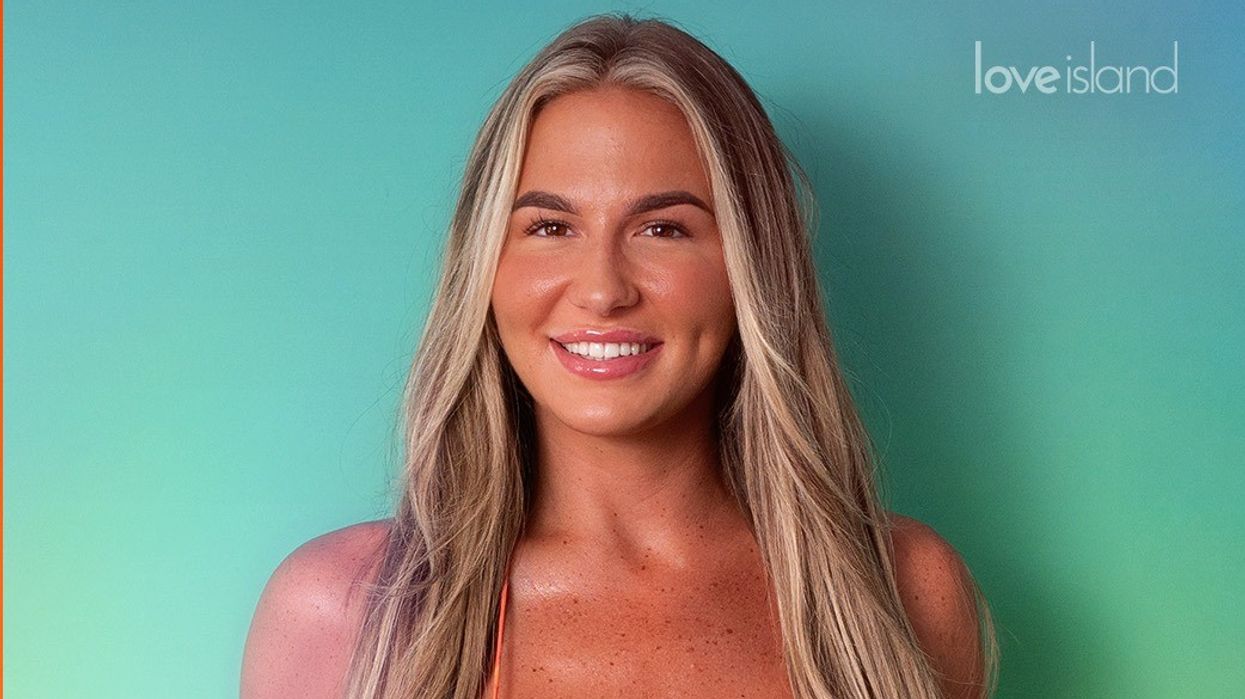DR PRIYA KAUL discovered her connection to unseen energies as a child and always felt drawn to helping others.
This early enlightenment, combined with personal challenges, led her to a spiritual path of self-healing and empowering others. Today, as a respected spiritual life coach and healer, she helps people reconnect with their inner strength, heal themselves, and re-invent their relationship with life. Using a variety of techniques, she views her work as a calling rather than a career.
Dr Kaul spoke to Eastern Eye about her inspiring work, shared mental health tips, emphasised the importance of self-love, and offered advice for those facing difficulties.
Tell us about some of the work that you do.
As a spiritual life coach and healer, my role is to guide people on their path of self-discovery, healing, and empowerment. I use a combination of modalities, including energy healing, meditation, intuitive guidance, and mindset coaching, to help clients address emotional blocks, physical issues, spiritual disconnection, or any other struggles. Much of my work involves reminding people of their innate power and their access to intuitive abilities.
How much fulfilment does it give you to help people grow?
Helping people on their healing journey gives me immense satisfaction. There’s nothing more fulfilling than witnessing someone let go of their suffering, rediscover their inner fire, and embrace their true power. Every time a client shares how I’ve helped heal their traumas and wounds, I am reminded of why this work is so meaningful. Being a part of their journey towards healing has been very humbling.
How can one diagnose a problem they might have?
It begins with self-awareness and listening to your mind, body, and spirit. Often, we receive signals before a problem fully manifests, such as physical tightness, emotional distress, or spiritual disconnection. Practising mindfulness – observing thoughts, feelings, and sensations without judgment – is key. Ask yourself: Where am I stuck? What recurring themes appear in my life? What emotions am I avoiding?
What is the true secret to finding the right path to healing?
The secret lies in listening and allowing your journey to unfold naturally. Healing is a deeply personal process, and there is no one-size-fitsall solution. Develop self-awareness by tuning into your mind, body, and soul. When the noise quiets, your intuition often reveals the right path. Whether it’s therapy, meditation, energy work, or another practice, choose what feels authentic to you.
How important is self-love?
Self-love is essential for healing. It involves recognising your worth, setting boundaries, and caring for yourself physically, emotionally, mentally, and spiritually. Self-love empowers you to heal, grow, and embrace your progress, even when you face challenges. It’s the foundation for becoming the person you aspire to be.
What advice would you give someone going through a difficult time?
Have faith that even the most uncomfortable or unbearable moments hold lessons that aid in healing. Remember, you are not alone. Seek support from family, friends, or professionals. Treat yourself with compassion, take things one day at a time, and trust that this phase will pass. When it does, you’ll emerge stronger and closer to your true self.
How important is good physical health for mental well-being?
Physical health is closely tied to mental wellbeing. Taking care of your body through proper nutrition, hydration, and regular exercise supports emotional stability and reduces stress, anxiety, and depression. Endorphins released during physical activity can significantly boost mental health and focus.
What is the best way to stay away from negative energy daily?
The key is learning to control how you think and feel. While external circumstances may be beyond your control, your reactions are entirely within your power. Techniques such as self-care, visualisation, surrounding yourself with positive influences, and avoiding unproductive activities can help keep negative energy at bay.
What advice would you give to those who feel stuck?
Shift your perspective and reconnect with your inner self. Acknowledge feelings, let go of the need to control, and remain open to new possibilities. Take small, aligned actions, practice patience, and seek support when needed. Reconnecting with your purpose and values can help you find clarity and move forward.
What are your future plans?
My plans are aligned with my mission to help people reconnect with their power and healing abilities. I aim to expand my reach through one-on-one sessions, accessible programs, workshops, and retreats that offer transformative healing experiences to individuals from all walks of life.
What inspires you?
I’m most inspired by seeing others awaken to their potential and step into their true power. Witnessing transformations, whether through overcoming struggles or embracing authenticity, is incredibly moving. It’s inspiring to see people realise they have the ability to heal themselves and create the lives they desire.

















 Anita GuruInstagram/ _themindcoach_
Anita GuruInstagram/ _themindcoach_
